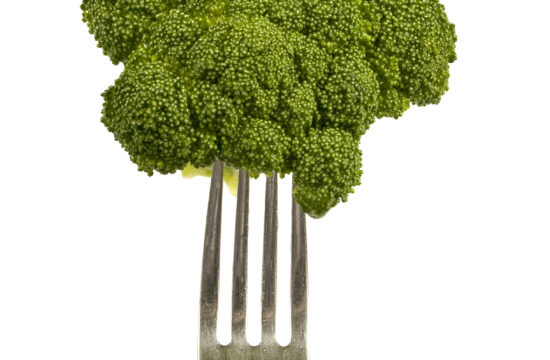Have you ever felt like counting calories just isn’t working for you? Do you find yourself feeling deprived and hungry all the time, even though you’re sticking to your diet plan? If so, you’re not alone. Many people struggle with traditional dieting methods that focus solely on cutting calories and reducing portions. In this blog post, we’ll explore why counting calories isn’t the answer and introduce a new approach to dieting that can help you achieve lasting weight loss success.
The Problem with Traditional Dieting Methods
Traditional diets that rely on counting calories or restricting certain food groups often fail because they don’t address the root causes of weight gain. These types of diets may lead to short-term weight loss, but they can also leave you feeling tired, sluggish, and unhappy. Additionally, many traditional diets are overly restrictive, making it difficult to sustain them long-term. This can lead to feelings of frustration and failure, which can ultimately sabotage your efforts to lose weight.
A New Approach to Dieting: Focus on Nutrient Density
So what is the solution? A newer approach to dieting called nutrient density. Instead of focusing solely on calorie counts, this method emphasizes consuming whole, unprocessed foods that are rich in vitamins, minerals, fiber, and other essential nutrients. By choosing nutrient-dense foods, you can still consume enough calories to feel satisfied while also providing your body with the nourishment it needs to function optimally.
Nutrient-dense foods include fruits, vegetables, lean proteins, healthy fats, and complex carbohydrates. They are typically low in calories and high in nutrients, making them an excellent choice for anyone looking to lose weight without sacrificing their overall health.
How to Get Started With a Nutrient-Dense Diet
If you’re ready to try a nutrient-dense diet, here are some tips to get started:
1. Eat more fruits and vegetables: Make sure to incorporate a variety of colorful produce into your meals each day. This will ensure that you’re getting plenty of vitamins, minerals, and antioxidants.
2. Choose lean protein sources: Opt for lean cuts of meat, fish, and poultry, as well as plant-based sources of protein such as beans, lentils, and quinoa.
3. Add healthy fats: Avocado, nuts, seeds, and olive oil are all great sources of healthy fatty acids that can help keep you full and satisfied.
4. Limit processed foods: Try to limit packaged and processed foods, which tend to be high in added sugars, sodium, and unhealthy fats.
5. Practice mindful eating: Pay attention to your hunger levels and eat when you’re truly hungry. Also, take the time to savor your food and enjoy the experience of eating.
Conclusion
Counting calories isn’t always the best way to achieve lasting weight loss results. By adopting a nutrient-dense diet, you can provide your body with the essential nutrients it needs while still losing weight safely and effectively. So ditch the calorie counter and start focusing on whole, nutritious foods today!









